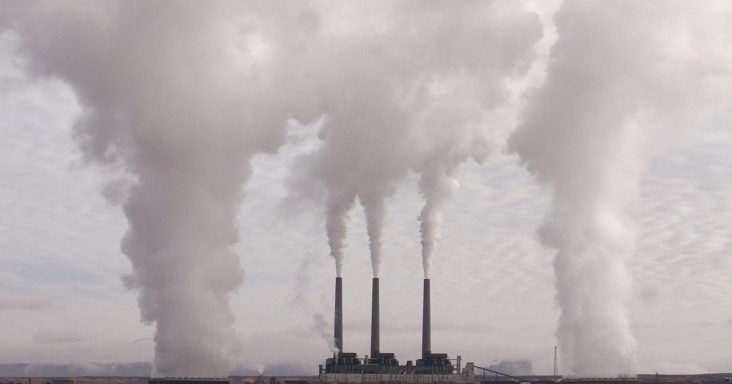CO2 emissions are projected to decrease 2% in 2019
by July 24, 2019 10:51 am 528 views

U.S. energy-related carbon dioxide (CO2) emissions are expected to fall 2.2% in 2019 after rising 2.7% in 2018, according to the U.S. Energy Information Administration. Nearly all of the decrease can be attributed to fewer emissions from coal consumption. The changes in natural gas and petroleum CO2 emissions in 2019 are projected to be similar to 2018.
Energy-related CO2 emissions in the first quarter of 2019 were 1.37 billion metric tons and were flat from the same period in 2018. Emissions are usually the highest in the first quarter and a significant influence on the overall annual trend. Over the past 30 years, only six years had an annual trend that was different from that of the first quarter. If EIA’s projections for emissions are realized, 2019 would be the seventh year the annual trend differed from that of the first quarter.
Mild temperatures are expected to reduce energy demand, leading to lower emissions, compared to 2018. EIA’s projections are based on forecasts produced by the National Oceanic and Atmospheric Administration’s Climate Prediction Center.
CO2 emissions from coal are expected to fall by 169 million metric tons in 2019, the largest decline in emissions from coal since 2015. Meanwhile, emissions from natural gas are expected to rise by 53 million metric tons. The changes are a result of the mix of fuels used to meet electricity demand, with natural gas continuing to be the fuel of choice.
The electric power sector consumes nearly 92% of the coal used in the United States, and the lower electric demand and reduced use of coal-fired electricity led EIA to project the lower coal emissions. The electric power sector is using more natural gas, but the rise in natural gas emissions isn’t expected to offset the decline in coal emissions because natural gas-fired electricity generation is not as carbon-intense as coal-fired electricity generation.
CO2 emissions for petroleum consumption is projected to be flat in 2019 after rising for the past six years. Petroleum accounted for 45% of energy-related CO2 emissions in 2018.
